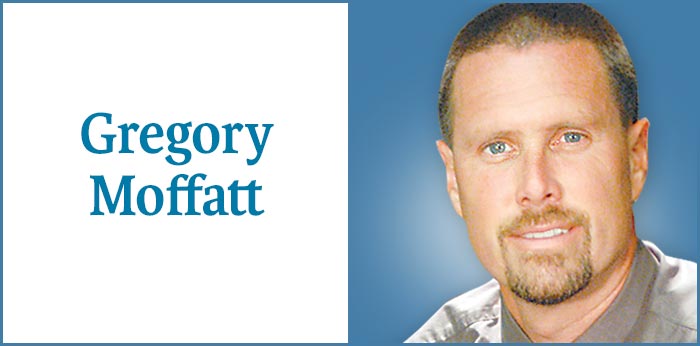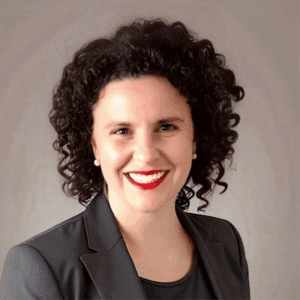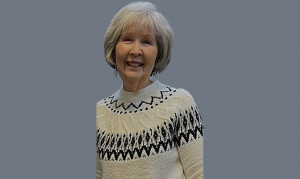Last month I wrote about an accident I had in which my leg was nearly completely severed. This near-death experience showed me something about myself and my character, and that is what I tried to communicate in my last column.
I have been amazed at how many people responded not only with words of encouragement but also with reflections of their own.
Many weeks ago as I sat bleeding in the rain waiting for help and wondering if I would survive, I thought about how I spent the minutes of my weeks. I was at peace with it.
But not a single person who responded to my article said that they would have been at peace in similar circumstances. I know we can’t ever really know what we would be thinking until faced with death as I was. I wouldn’t have known that in advance myself.
But it makes me wonder where our priorities lie if my anecdotal survey is any indication of where we find ourselves. I’m not criticizing nor am I pontificating. In fact, I’m so very grateful for the humility and honesty people have shown to me — allowing me to look into their private lives and become privy to something so personal as “how I would feel if I were dying.”
I know it may sound cliche, but my point is that maybe we all need a bit of a wake-up call now and then to remind us what really matters. A mentor of mine said to me nearly 40 years ago that if you want to know where one’s priorities lie, all you need is to look at his checkbook.
Nobody uses checks much anymore, but our debit card statements, text messages, and our calendars provide an indication of what matters to us.
But this might not be the whole picture. While I would do things differently if I knew I wouldn’t survive another week, the business of life has to be managed. Bills have to be paid. Laundry has to be washed, jobs need attention, and children need to be shuttled from one activity to another. Based on day-to-day business, it might seem that our priorities are merely fighting brushfires that don’t matter in the bigger picture of life.
But I think that priorities are also revealed in our behaviors that don’t get logged on the calendar or registered on the debit card. In the midst of life’s business, do you take the time to say, “I love you,” or to communicate to the people in your life how much they mean to you?
Despite our momentary frustrations, are you grateful for your job, your home, and the relatively easy life we lead as 21st century Americans? Do you take the time to write a thank-you note, send a text to a friend who might need encouragement, or to remind your children, “I’m glad I’m your dad”?
One of the many things I have grown to love about my summers in Chile over these many years is how Chileans introduce themselves. People don’t identify themselves by the careers they have. They describe themselves by their families. “I am father of three” is a more likely opening line rather than “I’m a psychologist.”
Maybe that is some of what we are missing.
I know that when I’m gone, none of the dozen or so books that I’ve written and none of the hundreds of articles on my vita will really matter all that much. My legacy is in those around me and, even when I’m long forgotten, I have confidence that I’ve done well.
One of my favorite and most meaningful opening movie lines comes from “The Notebook”: “I am nothing special, of this I am sure. I’m just a common man with common thoughts and I’ve led a common life. There are no monuments dedicated to me and when I’m gone, my name will soon be forgotten. But in some ways I’ve lived the most extraordinary life of anyone who has ever lived. I’ve loved another with all my heart and soul and that, to me, has always been enough.”
I’m walking and still rehabilitating my injury, as I will be for many months to come, but every time I feel a twinge of pain in the leg or feel the limp, it is a reminder of how grateful I am to be here and how important my remaining minutes are to me.
Even though I’d rather be back to normal, in a way I think I wouldn’t have it any other way.
[Gregory K. Moffatt, Ph.D., is a college professor, published author, licensed counselor, certified professional counselor supervisor, newspaper columnist and public speaker. He holds an M.A. in Counseling and a Ph.D. in Psychology from Georgia State University and has taught at the college level for over 30 years. His website is gregmoffatt.com.]












Leave a Comment
You must be logged in to post a comment.